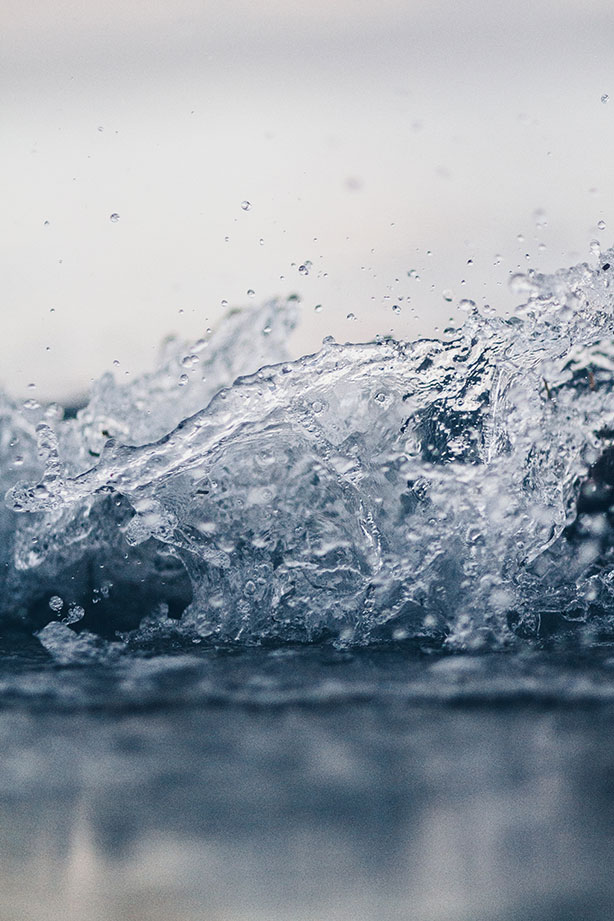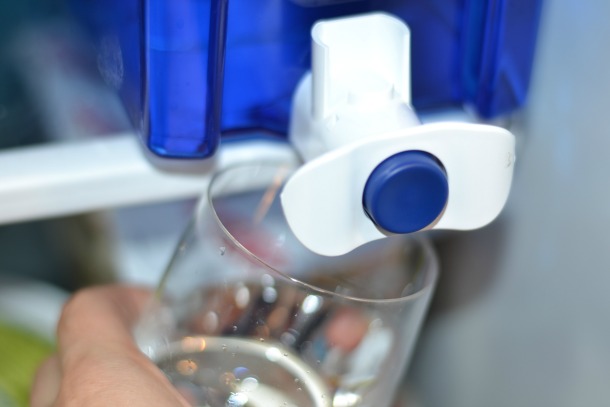With our easy access to water, whether bottled or from the tap, we often take for granted the quality of our water. How often have you stopped to think about how your water affects your health and the health of your family? Here are some facts about water contaminants that may surprise you.
Children are More Vulnerable
Water quality plays an important part in overall health, especially in children. Whether you buy bottled water or drink water from a private well or public source, all water is at risk for contaminants that can impact your child’s health.
The chemicals and contaminants most commonly found in water supplies can cause serious damage to the developing bodies of young children. The reason that children are more vulnerable to health issues related to contaminated water is because when compared to adults, they drink more water per pound of body weight.
Because their bodies are smaller, they are consuming a greater percentage of water pollutants, resulting in greater exposure and greater risk. Heavy metals and toxic chemicals can build up to dangerous levels in their bodies. As their organs and tissues are still growing, this can cause long-term damage and lasting health issues.
Lead Poisoning From Water
Lead poisoning is one of the most dangerous potential hazards of poor quality water. Even if your water has tested free of lead at the source, it may be contaminated by the time it leaves your tap. Lead is still found in some metal water taps, interior plumbing, and pipes connecting homes to the main water pipe in the street. As these pipes and fixtures age, they corrode and can leach lead into the water supply.
High levels of lead in your water can be extremely dangerous for children. Exposure to lead from drinking water can cause developmental, neurological, gastrointestinal and behavioral issues. Lead poisoning often goes undetected, but symptoms can include fatigue, loss of appetite, weight loss, irritability and loss of focus, among others.
Other Water Contaminants
Lead poisoning isn’t the only danger that children face from unsafe water. Contaminants can also include pesticides, bacteria, heavy metals and other dangerous chemicals. Many of these can cause a variety of medical issues that impact a child’s health, leading to long-term damage. However, researchers do not yet know the effects all possible contaminants on a child’s development.
Testing Your Water
Water contamination is not easy to detect. Contaminants can affect both municipal and private water sources. Many of the common contaminants that are cause for concern can easily go undetected because they are colorless, odorless and tasteless.
If you are concerned about the health of your family, you need to know what is in the water you are drinking. Whether your water comes from a well or public source, you should test it at least once a year. While you can have your water professionally tested, its actually quite easy to test it yourself. There are a number of home testing kits available that allow you to test for the most common contaminants as well as hardness and pH.
With these home testing kits, there’s no need to mail away samples and wait for results. You’ll have water quality results quickly and easily for a reasonable price. Standard tests for metals and chemicals produce results in a matter of minutes. Bacteria tests provide results in just a few days.
As a parent, it’s a never-ending job to keep your child safe. Even though North America has some of the safest water supplies in the world, contamination can still occur. Water testing is a simple and affordable way to ensure that the water your family is drinking is safe.



